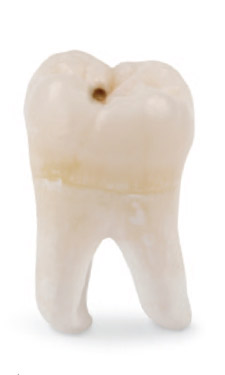 What are the buzz words surrounding your community these
days? Along with politically charged
words such as “economy” and “jobs,” “health” is at the top of the list. NRPA advocates daily on Capitol Hill to make
clear the important role parks and recreation serves in improving community
health. As a park and recreation
professional, you also can and must have a voice. And now is the opportunity to do so.
What are the buzz words surrounding your community these
days? Along with politically charged
words such as “economy” and “jobs,” “health” is at the top of the list. NRPA advocates daily on Capitol Hill to make
clear the important role parks and recreation serves in improving community
health. As a park and recreation
professional, you also can and must have a voice. And now is the opportunity to do so.
Whether a park naturalist or recreation programmer, groundskeeper or director, full time or part time—every employee within your organization must be able to convey how your services affect health. They must be able to convey it to the child in the football camp, the parent considering swim lessons, the senior walking the trail, their own friends and families, and your mayor and city council making the tough decisions. Park and recreation agencies have decades of irrefutable success in improving health, yet they by and large have failed to make this known.
The average community member does not know what you do. They recognize that parks provide certain amenities and that in order to do so, the grass must be cut and the fields must be lined. They also recognize that pools need filters and summer camps need staffing. But, they do not recognize the tremendous impact park and recreation agencies such as yours have on the health and wellness of so many within your community.
Reading and academic programs. Swimming lessons. Retreats for troubled youth. Healthy meals. Computer lessons. Programs that emphasize teamwork. Programs that inspire confidence. Safe havens for latch-key kids. Physical activity. Nutritional education. Youth employment. Sports. Senior programs. Therapeutic recreation.
How many of these are your agency involved in? How many more can you add to this list? You market these programs, register participants, and provide the sites and facilities to host these services, yet the majority of your community members still do not “get it.” Why? Perhaps for the same reason people don’t service their own car or conduct their own dental exams—this isn’t their expertise. However, due to the fact that most of us have had a flat tire and a cavity at some point in our lives, we have learned to recognize the value of properly maintaining our cars and teeth. You are pivotal in helping your community members understand the value of the programs and services your agency provides.
Today, people are talking openly and extensively about the need to improve the health and wellness of themselves and others. The health-focused conversation of today is the “flat tire” and “cavity” opportunity that can help society see the truly important role park and recreation agencies have in benefiting health and wellness. Do not miss this opportunity to inform others about what your agency is doing to improve health. Whether you’re talking about obesity reduction or late-night teen programs, make sure you communicate about the outcomes and impact that these programs have on the health of your community. Interject yourself into conversations that are happening locally—in your newspapers, on social media, or right in your own facilities. Bring together a number of staff that understand the need to do this and that are on the ground every day “fixing flats” and “preventing cavities.” Ask them to share stories that you can then leverage in a broader, more visible way. Solicit feedback from those in your programs and using your parks and facilities. Work tirelessly to uncover success stories and share them broadly to make your impact known. Turn these into talking points and sound bites, and incorporate them into how you and your colleagues communicate with others on a daily basis. It is through all this that you can anchor your agency as essential and valued when it comes to health in your community. Do this now before that flat tire rolls off the rim and that cavity requires a root canal.

